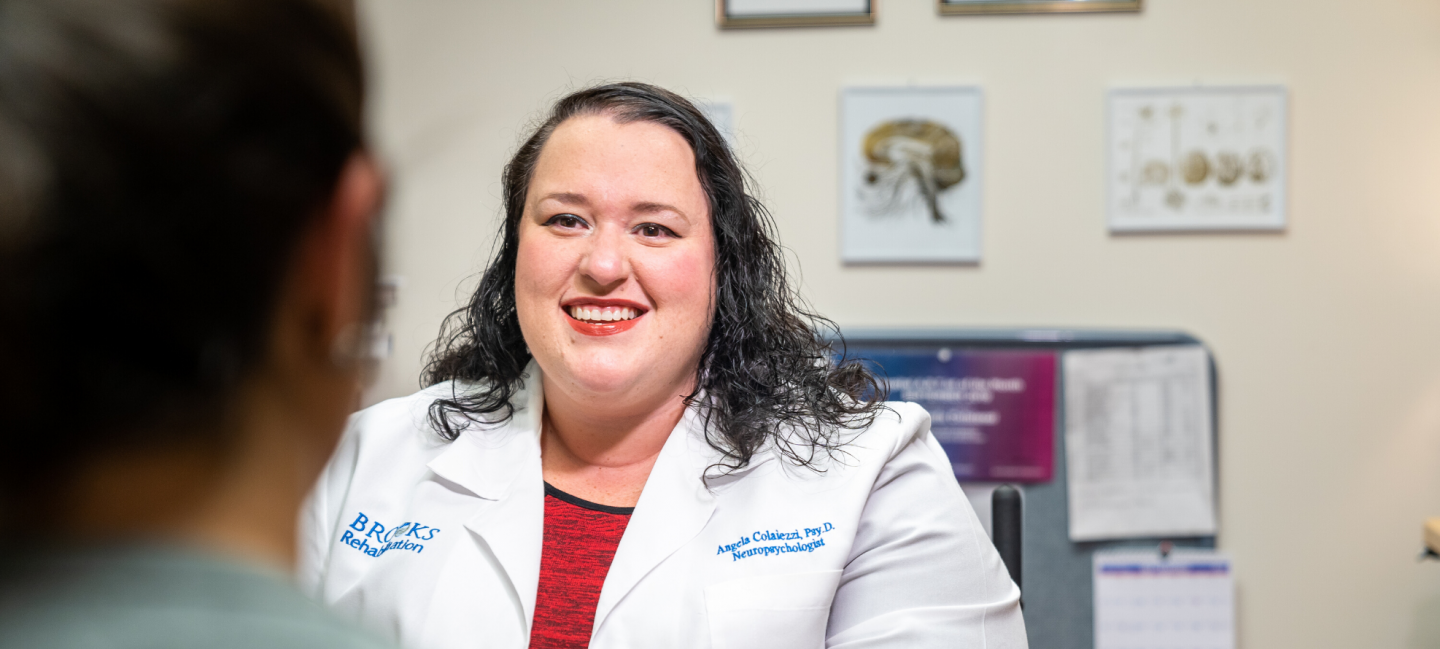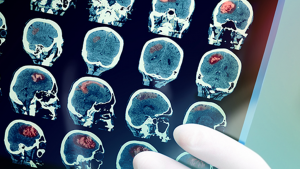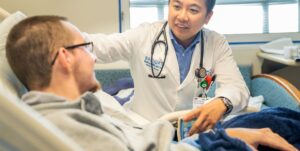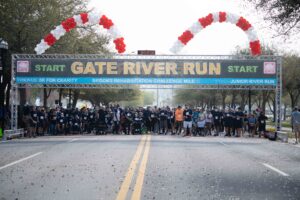Dr. Colaiezzi’s Take on our Brain Injury Program’s State-of-the-Art Inpatient Rehabilitation

Back to physical health resource hub
The 2nd floor of Brooks Rehabilitation Hospital is dedicated to the most complex, traumatic brain injuries in the country, with two-thirds of our brain injury patients coming from outside the Jacksonville area. Brooks Rehabilitation Hospital is accredited by CARF (Commission on Accreditation of Rehabilitation Facilities) in brain injury rehabilitation, meaning it has proven outcomes achieved through evidence-based practice.
“For a person who has suffered a brain injury, the best course of action is to see a rehabilitation physician to evaluate and determine what they need to help maximize their recovery,” said Kenneth Ngo, MD, Medical Director of Brooks’ Brain Injury Program. “Rehabilitation treats medical conditions, but we also look at the end goal – improving quality of life and maximizing function. Rehabilitation physicians see everything – they become the ‘quarterback’ to determine the proper setting and then coordinate the care.”
In addition to receiving care from specialized nurses, along with physical, occupational, and speech therapies, a patient enrolled in the brain injury program at Brooks Rehabilitation also has access to a team of psychologists. Angela Colaiezzi, PSY.D, specializes in clinical neuropsychology, a field within clinical psychology, to investigate the impact of both normal and abnormal brain functioning.
“As a member of the interdisciplinary team on the brain injury unit, I work closely with patients and their families, as well as our rehabilitation physicians and treatment teams, in order to address the cognitive, emotional and behavioral needs of our patients and families,” said Dr. Colaiezzi. “The referral from the physician and information received from the team regarding a patient could be for mood-related issues, but upon further evaluation you could find out the patient hasn’t been sleeping, they may be in pain or they may be frustrated with their recent loss of independence. We become investigators, with assessments and evaluations, to figure out what those barriers are for each patient and then we provide support and techniques to intervene and improve.”
For Dr. Colaiezzi, Brooks stands alone with the continuum of care it offers, from the early days after an injury through the years that it may take for recovery.
“Because this is an interdisciplinary environment, everyone who works with our patients, from the physicians, therapists, nursing, as well as supporting staff, are all equally important members of the team. We are always in communication with on another behind-the-scenes to improve the patients’ overall recovery,” said Dr. Colaiezzi. “Every brain injury, and every recovery, is unique, so we have to be patient-centered. At Brooks, the patients’ needs are always first. We tailor their treatment from the minute they come in the door.”


